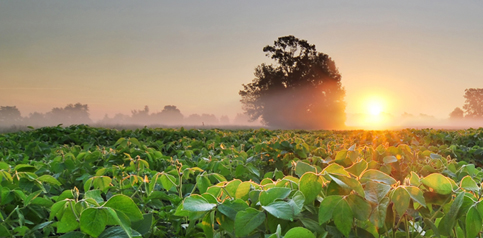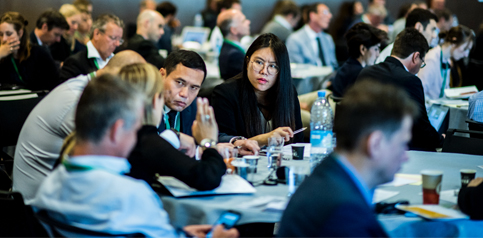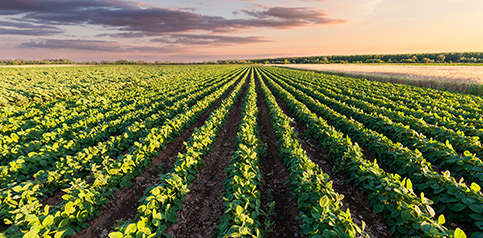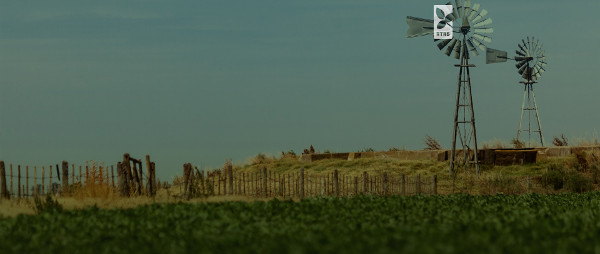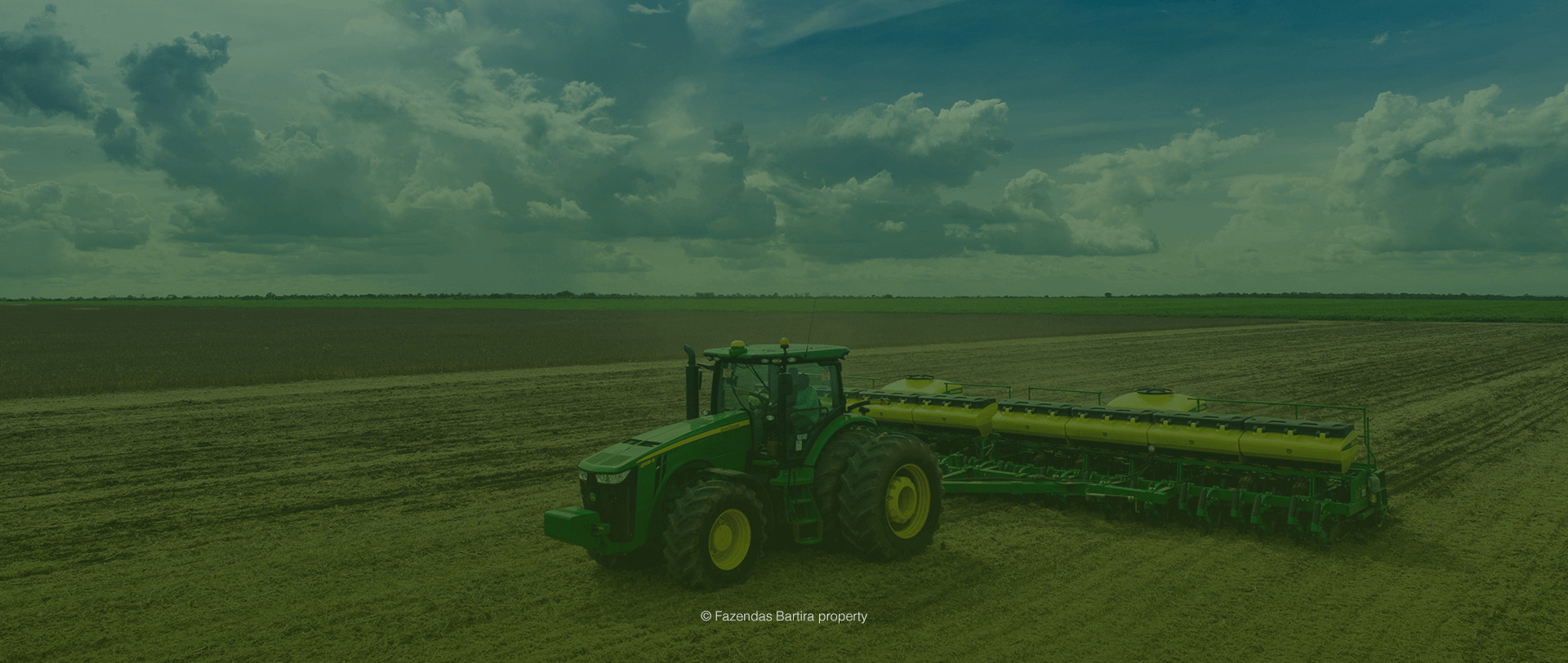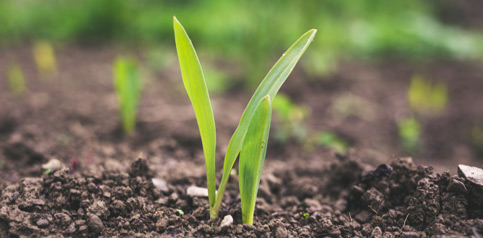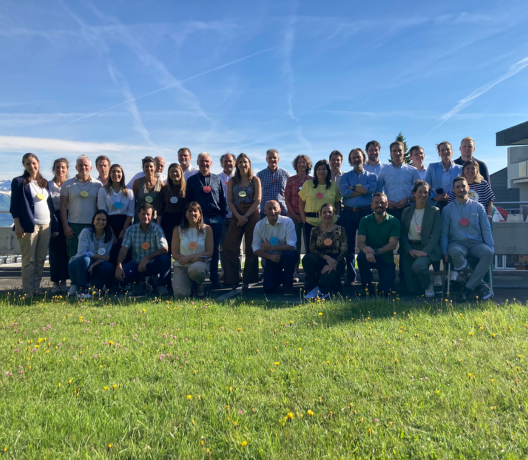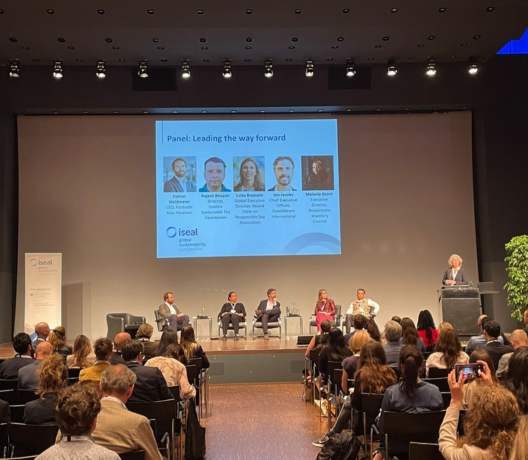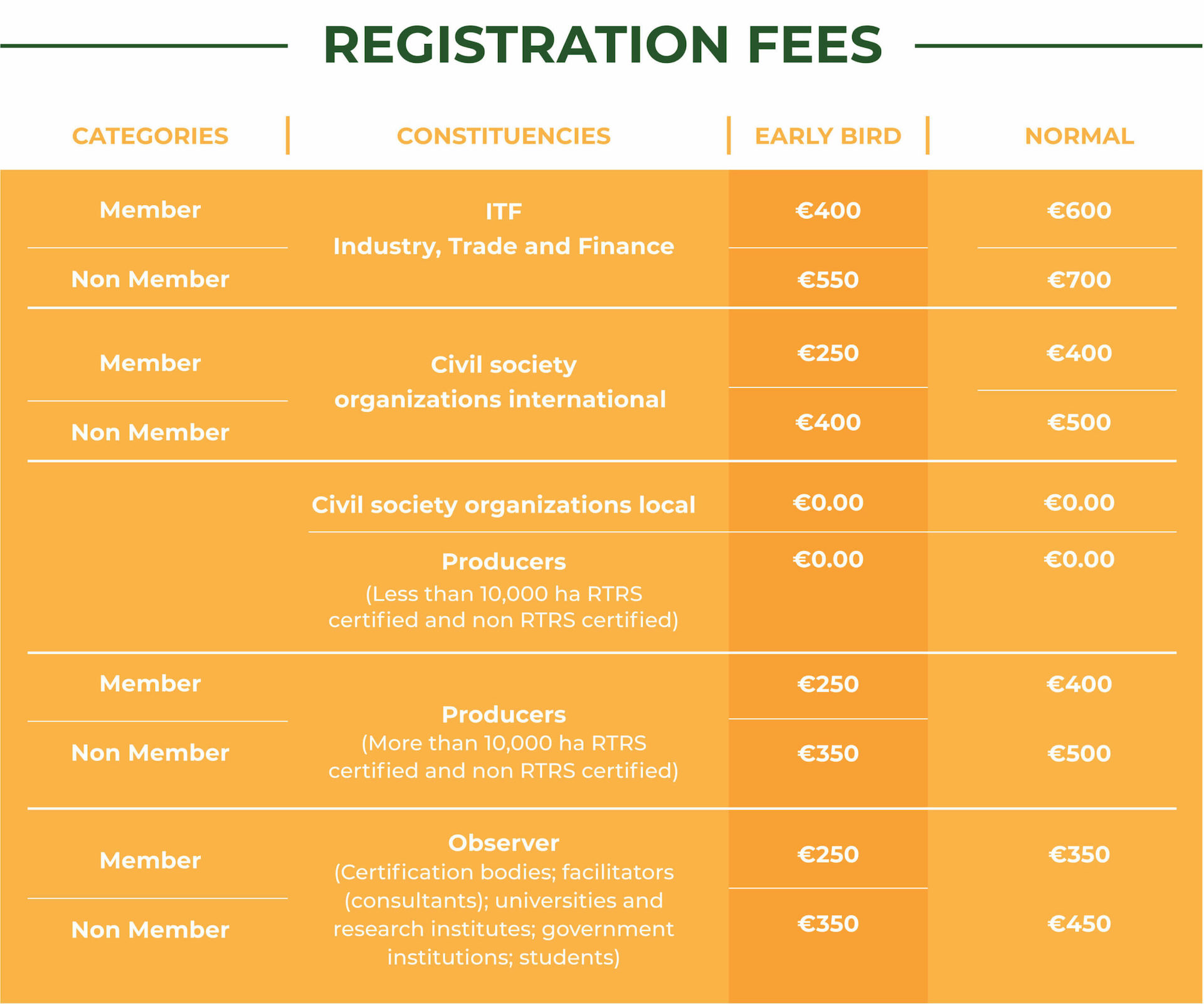Belgian feed manufacturers support sustainable soy production
Representatives of the Belgian feed manufacturing industry visited Brazil and Argentina to connect with local supply chain actors and further their understanding of sustainable soy production.
RTRS along with the Belgian Feed Association (BFA) organized a field trip in March in the town of Arrecifes, Buenos Aires province, Argentina. Participants included 20 BFA members, RTRS certified producers and members of the RTRS Executive Board and Secretariat.
BFA has been supporting RTRS responsible soy production since 2017 through the acquisition of RTRS Credits. Between 2017 and 2022 an annual average of 108.417 credits were acquired. In order to learn more about the main topics on the sustainability agenda, BFA’s board members participate in educational experiences, such as field trips, every four years. In 2023 within the framework of the European Union new Regulation on deforestation-free products, the chosen destinations were Brazil and Argentina with the purpose of achieving a better understanding of the sustainable supply chain, mainly for soybean meal.
The visit began with a site tour of Francisco Sellart SA´s facilities, which included different soy, corn and cattle production lots. Sellart has been certifying its soy production since 2015, and in 2022, it recorded over 2248 hectares and 6058 tons of certified soy in Arrecifes, Buenos Aires.
As part of the meeting agenda, participants learned about the activities carried out by the certified producer in terms of agricultural practices, such as crop rotation, monitoring, care and protection of soils, responsible use of phytosanitary products and conservation of the local flora and fauna, among others.
Once the site tour was over, certified producers from Brazil and Argentina, who were invited to the meeting, shared their own perspectives about the RTRS certification and its impact as a holistic management system. Juan Quaine, Director of Salentein Argentina, described their experience in Entre Ríos, where the company certifies 6056 tons and 2716 hectares of soy. In addition, Edmundo Perkins, Head of Culture and Sustainability at Espartina SA, Argentina, commented on the production of 83,278 tons and 27.802 hectares of soy in Buenos Aires. Lastly, Gisela Introvini, Superintendent of Fundação de Apoio a Pesquisa do Corredor de Exportação Norte – FAPCEN from Brazil presented the experience in Maranhão, a region that to this date accounts for approximately 25% of its planted area with RTRS certification.
Also, as part of the meeting, the participants of the meeting also had the chance to listen to the testimony of students from Martin Fierro Agrotechnology School in Arrecifes, with whom Francisco Sellart SA has an agreement that provides support working together to conduct a professional internship practice program.
Supporting sustainable supply chains
According to BFA, Belgian feed manufacturers consume 755,000 tons of soybean meal per year, and their members account for 95% of all national production. In this context, BFA members seek to foster an increasingly sustainable feed supply chain.
In this regard, Katrien D’hooghe, Managing Director at BFA, stated, “Zero deforestation is an important matter, but it is not the only focus of our initiatives. This is the reason we included visits to producers, processing plants, warehouses and ports in this trip because we want to know what else RTRS Credits entail.” D´hooghe adds, “Sustainability includes three basic pillars: people, planet and profitability. During the field trip to Francisco Sellart, it became clear that RTRS contemplates these three criteria. We noticed that the purchase of RTRS Credits contributes to local social projects, like the Martin Fierro Agrotechnology School. Along with the credits that RTRS producers receive, the certificate adds a greater impact.”
Field trips raise visibility of the RTRS Standard for Responsible Soy Production and identify the holistic impact of its implementation both in terms of social issues and good agricultural practices. This strengthens the connection and enhances the dialogue between the different actors in the value chain with a genuine interest in backing sustainable production. “Giving visibility to producers through this type of meetings makes tangible the challenges producers have to handle, especially those who plant soybeans and corn. On the other hand, for those who adopt RTRS certified material, it helps them understand what practices they are supporting and encouraging. We believe that these types of connections are of the essence”, says Marcelo Visconti, Executive director of RTRS.
The following participated in the field trip:
- Representatives of RTRS certified producers:
- Representatives of Belgian organizations:


